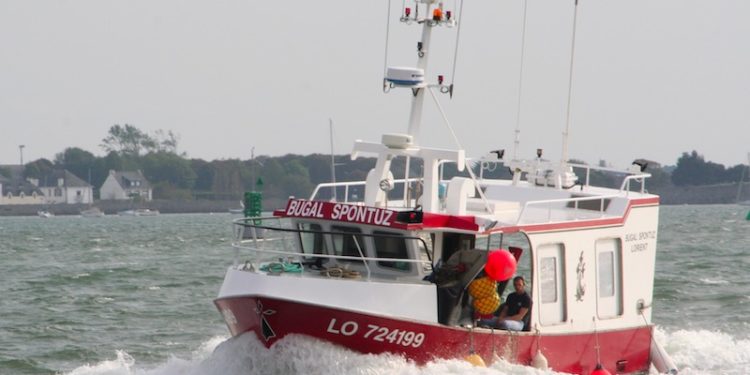The European Commission is proposing improvements to modernise and simplify the way in which fishing rules are monitored and complied with in the EU, stating that effective control is key to ensuring that the EU’s fisheries are sustainably managed, in turn guaranteeing the long-term viability of EU fisheries.
‘The EU’s Common Fisheries Policy has already gone a long way towards making sure our seas are healthy, while building a strong fishing industry and thriving coastal communities,’ said Commissioner Karmenu Vella, responsible for the Environment, Fisheries and Maritime Affairs.
‘At the same time, we need to keep up the work and make sure the commonly agreed rules are enforced across the EU. This is why we are proposing improvements to modernise the existing control system to make it more efficient and ensure that all operators in the fishing industry in the EU are treated equally.’
The Commission’s proposal includes measures to improve the enforcement of the Common Fisheries Policy, with a common list of criteria for what qualifies as a serious infringement and corresponding sanctions and strengthening of the existing point system for licensed vessels to work as the systems for traffic offences to motorists in most Member States.
A more reliable and complete fisheries data system, including fully digitised reporting of catches, applicable to all EU fishing vessels (including vessels below 12 metres), an electronic tracking system for all vessels, new weighing procedures for fisheries products and reinforced catch registration rules for recreational fisheries are part of the package of proposals that will now go before the European Parliament.
The Commission is also seeking to enhance traceability of EU and imported fishery and aquaculture products, to reinforce fishing gear rules, in particular in relation to plastic and reporting of lost gear, and to revise the mandate of the European Fisheries Control Agency (EFCA) to fully align its objectives with the Common Fisheries Policy and upgrade its inspection powers.
According to the Commission, the current Control Regulation (Council Regulation (EC) No 1224/2009), which entered into force in 2010, has played an important role in stepping up compliance by Member States with the commonly agreed rules of the Common Fisheries Policy. It has also helped foster a level playing field among operators, as it was designed to ensure that that only the allowed quantities of fish are caught and illegal fishing is prevented, to allow data collection to manage fishing opportunities, to clarify the respective roles of EU countries and the Commission, to ensure rules and sanctions are uniformly applied across the EU, and to enable the tracing and checking of fisheries products throughout the supply chain, from net to plate.
The Commission’s proposals will now go to the European Parliament and Council for adoption.









